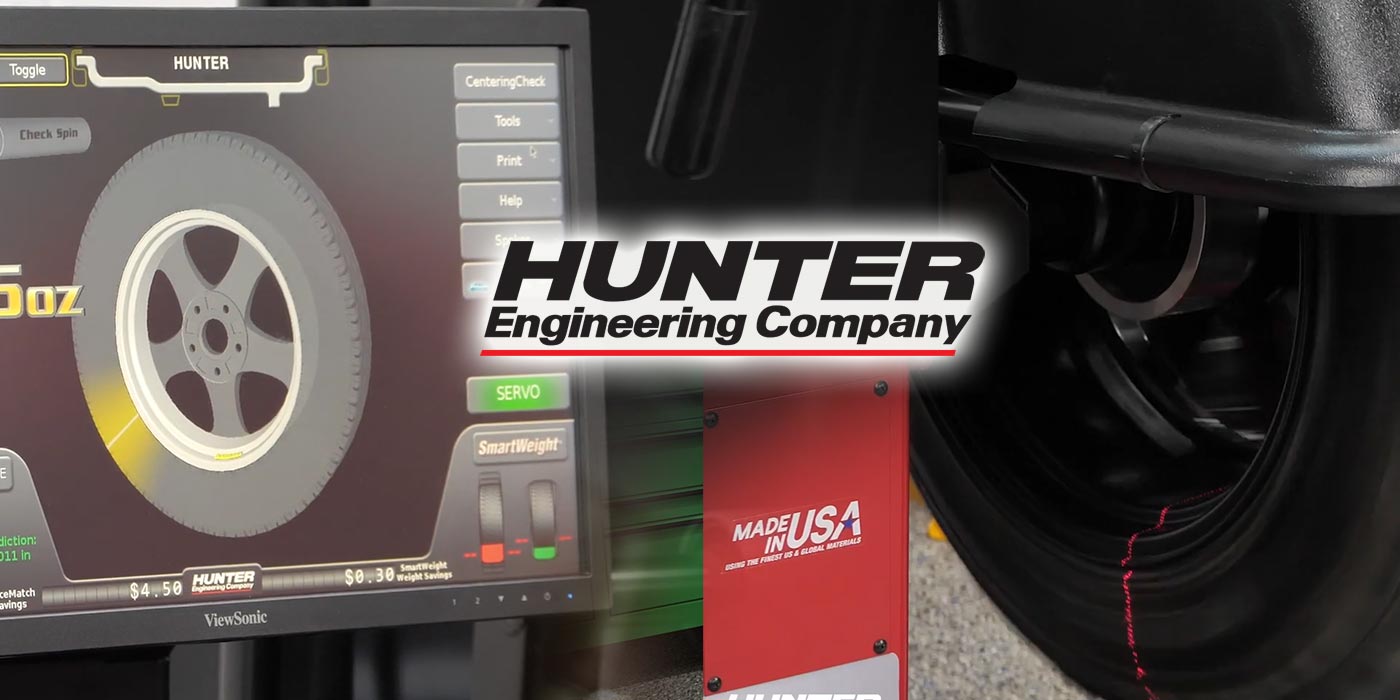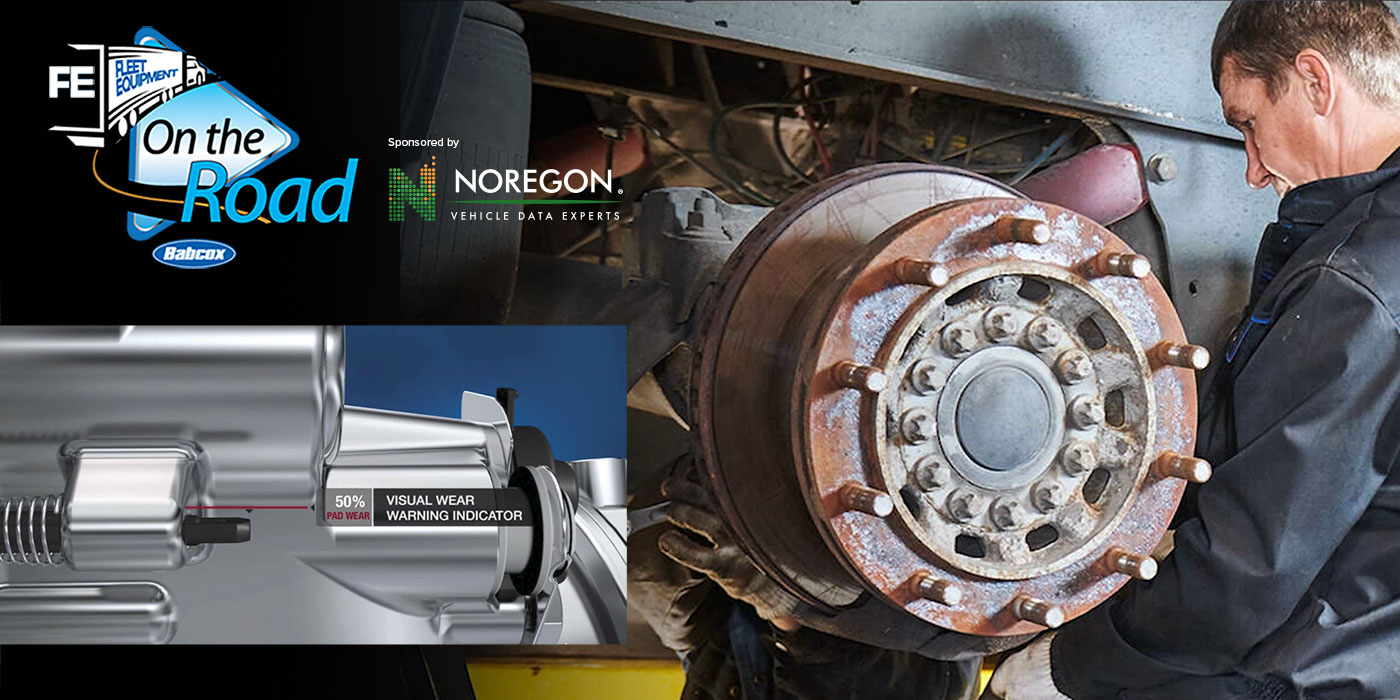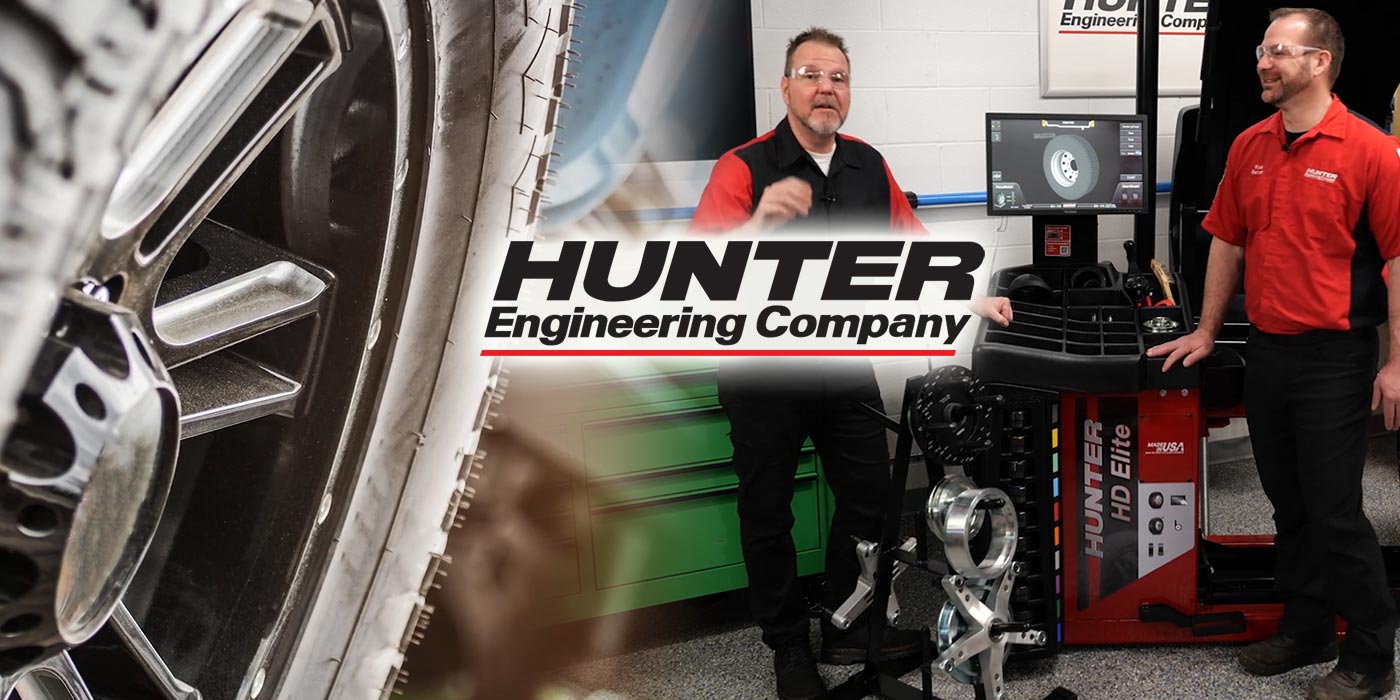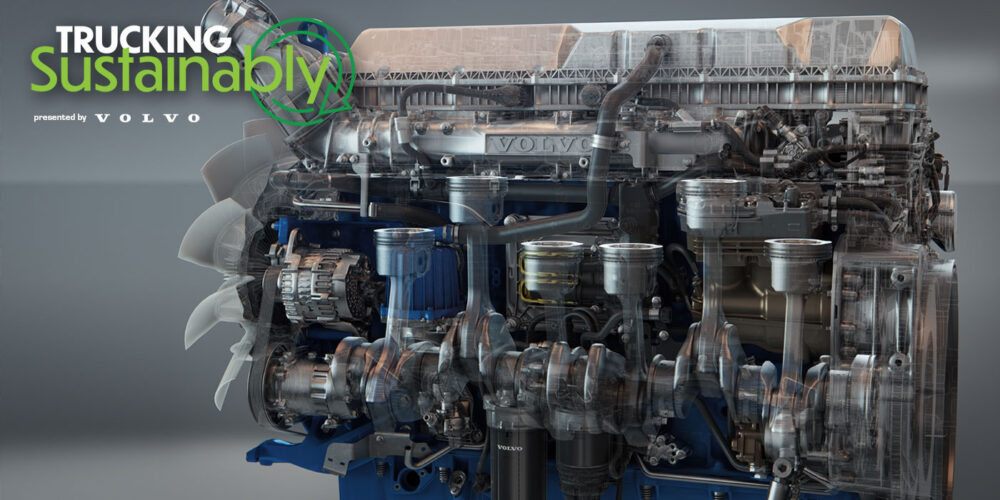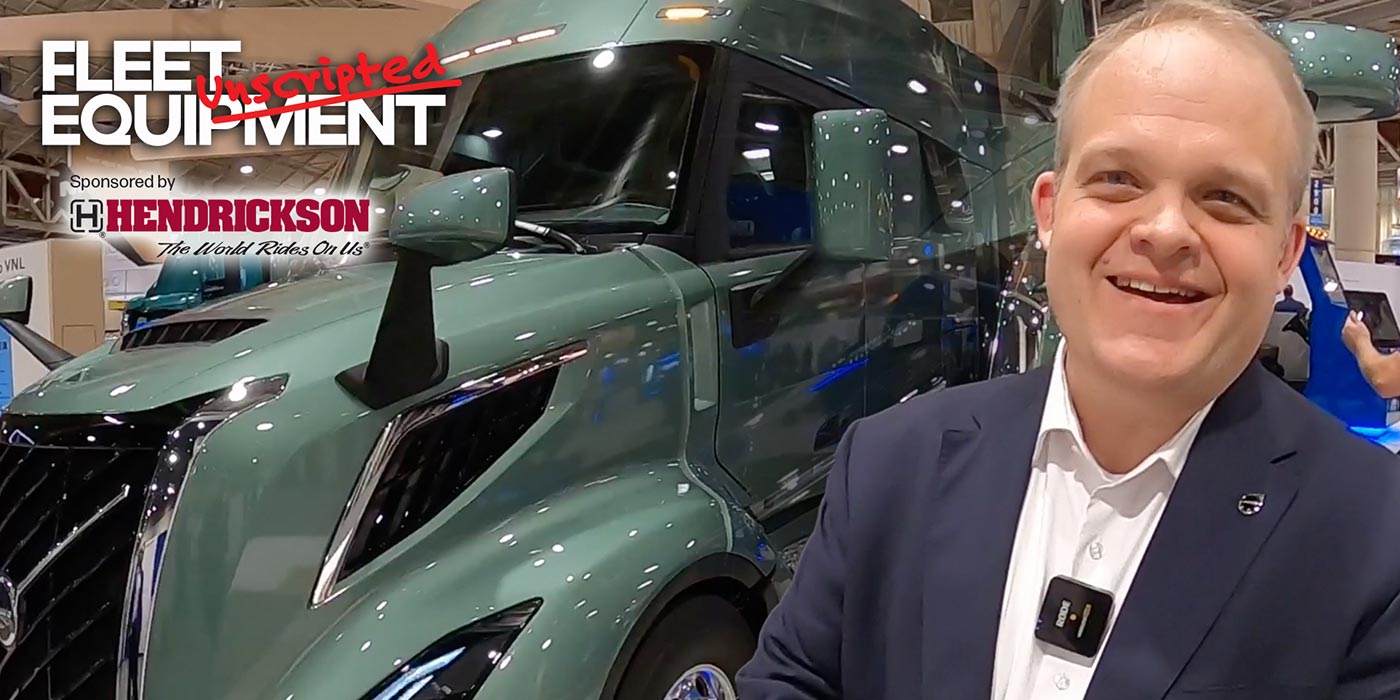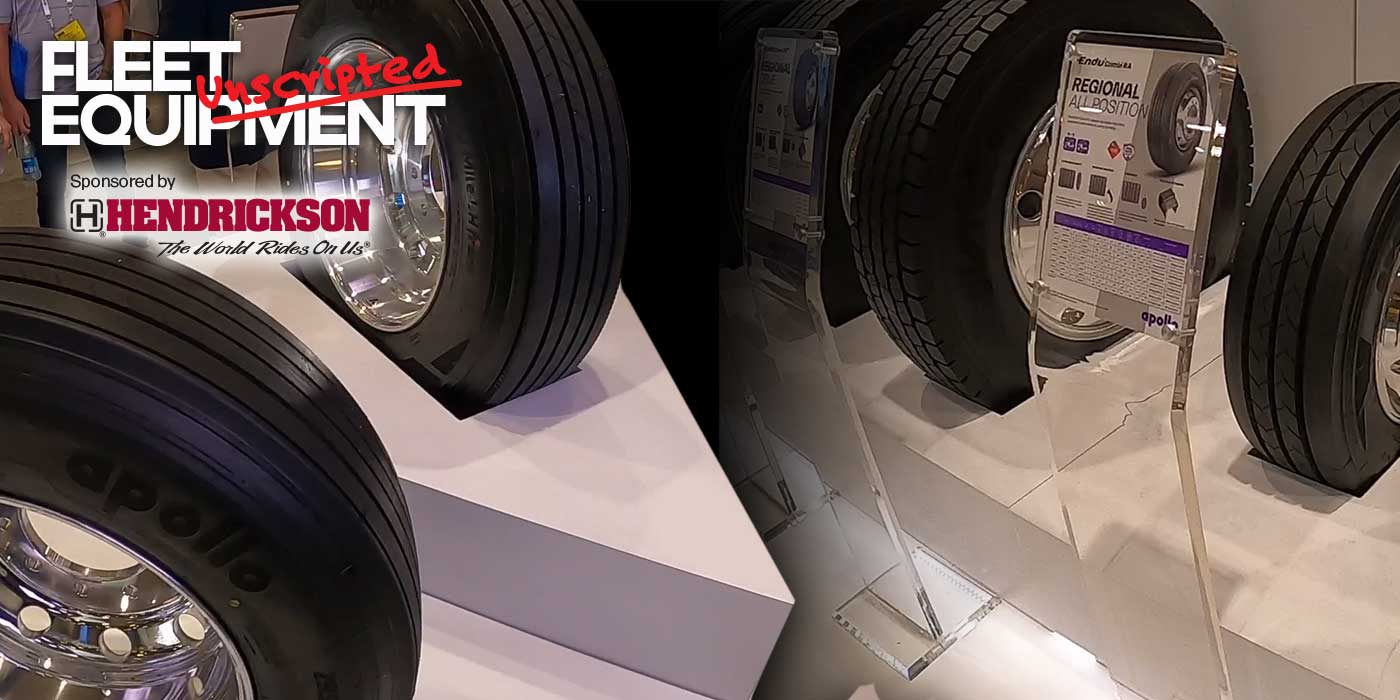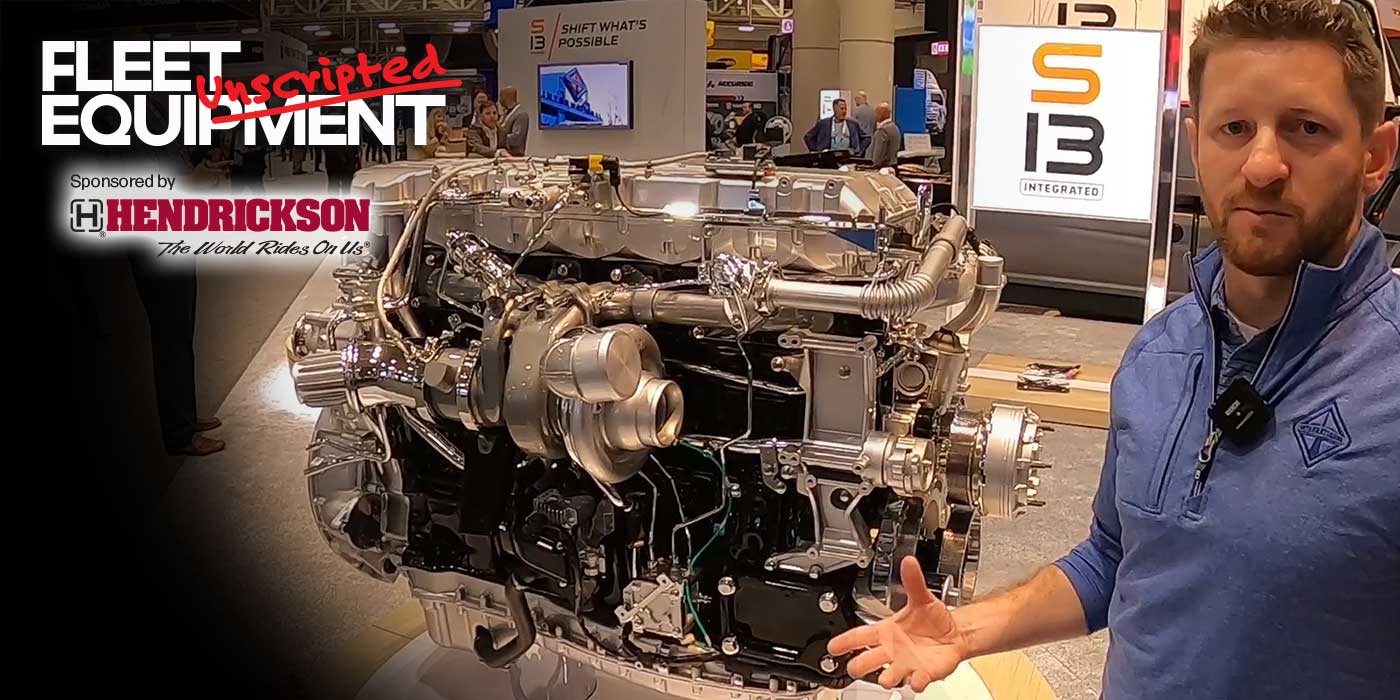I’ll be honest: it’s not easy to get fleets to talk about their insurance costs, but who could blame them? Safety is paramount, but accidents happen and they’ve given rise to the so-(frighteningly)-called nuclear verdicts against commercial fleets. In fleets’ corner are the growing number of advanced driver assistance systems (ADAS) and in-cab camera technology that helps them ensure their professional drivers (and those with whom they share the road) are protected. As the adoption rates of said technologies continue to grow the question remains: Where are fleets seeing the ROI? How could investing in these technologies impact insurance providers?
I turned to Tanya Pecorari, producer at Graham Co., one of the country’s largest insurance brokers, who works with the broker’s manufacturing and distribution clients to provide risk management strategies. She came at the question from the insurance carrier’s POV.
“When you’re investing in this technology, it shows that you’re investing in safety and that there’s a culture of safety in your fleet,” Pecorari said. She noted that it’s not just the on-truck safety technology that’s important but the data that goes along with it. For more of Pecorari’s insight and how fleets can work more closely with their insurance partners to bring costs down, watch the video above.

No script? No plan? No problem. Welcome to Fleet Equipment Unscripted—the video interview series that connects you with the greatest minds in the heavy-duty trucking world.
Bookmark the Fleet Equipment Unscripted page to catch all of our Unscripted episodes, and subscribe to our newsletter by clicking here to have the latest news and in-depth trucking stories delivered straight to your inbox.
Fleet Equipment Unscripted is sponsored by Hendrickson.

